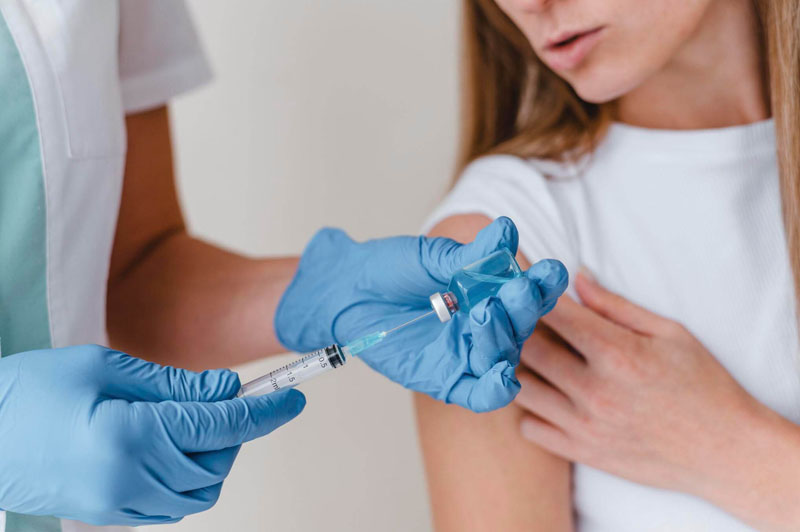Vaccination, one of the greatest achievements of modern medicine, has radically transformed public health worldwide. Thanks to it, diseases that once devastated entire populations, such as smallpox and polio, have been eradicated or effectively controlled.
But what is a vaccine?
A vaccine is a biological preparation that stimulates the immune system to create a specific immune response against a pathogen, such as a virus or bacteria. By introducing a weakened or inactive version of the pathogen into the body, the vaccine “teaches” the immune system to recognize and combat the actual infectious agent in case of future exposure.
Why are vaccines important?
The primary function of vaccines is to prevent infectious diseases. By generating immunity, vaccines protect individuals from contracting serious, disabling, and even fatal diseases.
Moreover, vaccination not only benefits the vaccinated individual but also the entire community. When a large percentage of the population is vaccinated, it creates what is known as “herd immunity,” which makes it difficult for infectious diseases to spread and protects those who cannot be vaccinated, such as babies, immunocompromised individuals, or those allergic to vaccine components.
Additionally, thanks to large-scale vaccination campaigns, diseases like smallpox have been eradicated, and the incidence of others, such as measles and polio, has significantly decreased. Furthermore, vaccines are a cost-effective investment, as the costs associated with disease prevention are much lower than the costs of treating severe illnesses.
Are vaccines safe?
Vaccines undergo rigorous research and evaluation processes before being approved for use. Regulatory agencies worldwide have very strict standards to ensure the safety and efficacy of vaccines. The potential side effects of vaccines are usually mild and temporary, such as pain at the injection site, mild fever, or redness.
You may also be interested in: Main Laboratory Tests and Their Importance
Myths and Realities About Vaccines
Despite the proven benefits of vaccination, there are challenges in its implementation. Misinformation and myths about vaccines can create distrust among the population, making it difficult to achieve high vaccination coverage rates. Some of the most common myths include:
- Vaccines cause autism: This myth has been debunked by numerous scientific studies and has been retracted by the medical journal that originally published it.
- Vaccines contain dangerous substances: Vaccines contain very small amounts of preservatives, stabilizers, and other additives that are safe and necessary for their production.
- It’s better to contract a disease naturally: Contracting an infectious disease can have serious and lasting consequences, while vaccines offer safe and effective protection.
It is essential to promote education about vaccines and combat misinformation to ensure that individuals make informed decisions about their health and that of their communities.
Vaccination plays a crucial role in preventing infectious diseases and protecting public health. Its impact goes beyond individual benefits, as it contributes to the creation of healthier, safer, and more prosperous communities. Promoting equitable access to vaccines and fostering trust in their safety and efficacy are fundamental aspects to fully harness the benefits of vaccination in disease prevention.
Schedule an appointment now at Doctor Urgent Medical Care to receive the care you need and improve your lifestyle. Your well-being is our top priority!





